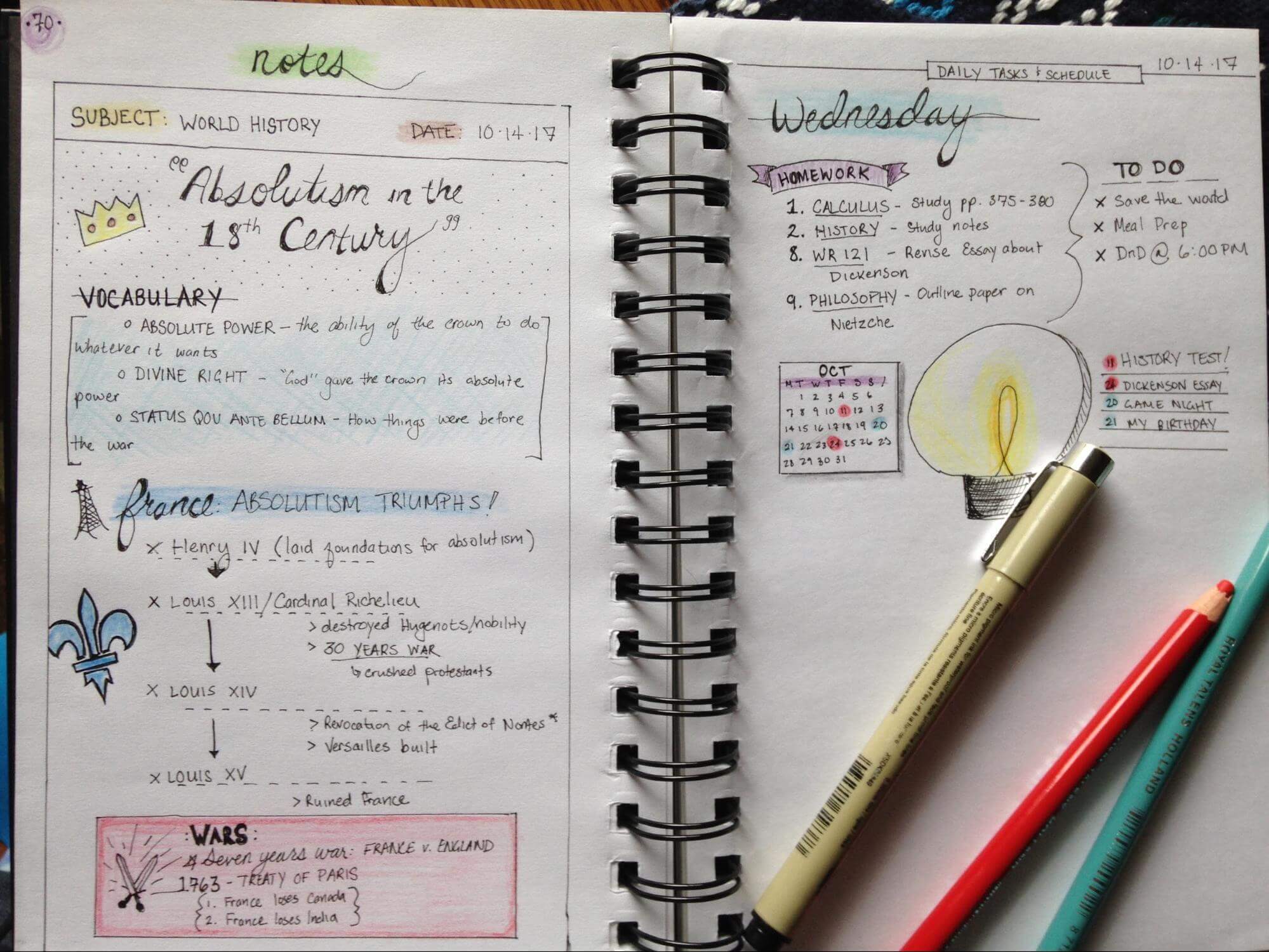A student tries to grasp important information during a lecture. A CFO organizes vital insights from a conference. A court reporter writes down everything people say in court. One thing all of these individuals have in common is taking notes. What seems like a quick, short task – can mean much more!
The art of taking practical notes is an unbendable tool. It can also be a valuable assistance in summarizing written content. For example, PaperWriter proves that note-taking can significantly impact essay writing! There are so many ways you can create and use your notes.
Notes are a powerful tool for structuring knowledge and enhancing learning. This article is a guide to help you write practical notes and introduce you to beneficial tips and strategies for better comprehension.
Whether you’re an experienced note-taker or a rookie, this article will offer valuable insights.
The Importance of Effective Note-Taking
When you write down information, your brain is engaged in the material. It necessarily “forces” you to think critically about what you’re hearing or reading. By doing this, you can retain and comprehend the information better.
Good notes also serve as memory assistance. By seeing what you wrote down earlier, your brain picks up on parts of the information you have acquired that day. You can recall details for future exams.
Additionally, writing down memos can help you structure and organize complex ideas. That makes it more straightforward to comprehend.
Note-Taking Tools and Techniques

Now that you know the importance of note-taking, it’s a good time to look at methods that can help you take practical and effective notes.
Active Engagement
In lectures and meetings, concentrate on active listening. Doing this will help you to remember and retain things better. But don’t try to transcribe everything. Focus on critical points and essential details. Pay attention to the presentation of the topic.
Ask questions if something is unclear! The more you engage in the learning process, the more effective your notes will be!
Choose a Method
The note-taking method is specific to you. Find one that suits your learning style and the themes or topics of the content. Let’s look at a few.
Mind Maps
Create a visual representation of your ideas. With mind maps, you can easily connect central topics with branches and subbranches. It creates a practical network between different pieces of data.
Narration
This method is quite effective if you’re a vocal learner. Narration is a note-taking method where you write in a narrative style as if you were telling a story.
Outline
Organize your notes through bullet points or numbered lists. They help you get an excellent structure of the text. It’s an excellent method for linear content.
Sentence
This method includes writing your notes in complete sentences. It’s practical, especially if the material is rich in context. The sentence method makes it a bit easier to capture detailed information.
Cornell
The Cornell method divides the page into three sections: a narrow, a wide, and a bottom one. The narrow column is on the left; you can use it to write questions or cues. The principal wide column is for the main points and ideas. The bottom columns contain the summary.
Review and Revise
Reviewing what you’ve written down immediately after the session is best. You will likely remember it better when the material is still fresh. During this process, correct any mistakes and add clarifications if needed.
Ensure you’re in a calm, peaceful environment. It’s best to find a quiet and comfortable place free from distractions. Organize your notes with a clean structure. Mark any key concepts or points to differentiate between the importance of each piece of information. Additionally, reflect on your progress!
Teach Them to Somebody Else
Once you have organized and reviewed your notes, try teaching them to somebody else! Studying with a colleague or brainstorming with a co-worker can be fun. It’s a win-win situation for the most part. You’re practicing your knowledge, and someone else is learning something new. You can also try it alone and pretend you’re presenting to a group of people.
Be Consistent
Consistency is vital for a lot of things. Including notes! Make note-taking a consistent part of your study routine. That builds a habit. Once you’ve developed a habit, studying can become a walk in the park.
Additional Useful Tips

Keep It Short and Sweet
People use notes to write down essential info that will help them later. But don’t forget, they’re only not
Keep it short when writing them. You don’t want to find yourself reading a novel later when you want to study. They should be simple and short so that it’s easier to read and comprehend.
Use Abbreviations
If you’re a person who’s often on the go, this tip will help you a lot. Using abbreviations works exceptionally well in fast-paced environments. When you don’t have time to write full notes, use symbols or shortened words and phrases. They work well as memory aids.
Use Apps
Of course, there’s a place for effective note-taking in today’s digital world. Many apps like Evernote, Google Notes, Notion, and OneNote are available. These apps are designed to make your note-taking experience as effective as possible.
They’re also a great way to write down information if you’re in a rush or don’t have a pen and paper.

Bottom Line
You can drastically improve your learning experience with effective note-taking. Whether you’re a student or a CEO, writing down pieces of information can help you a lot. Note-taking is essential for a better understanding of the subject and retaining information.
You can experiment with different methods to see which works best to achieve comprehension. There are many methods available. You can even invent your own!
Organize your notes well, and don’t forget to review and revise them once done. You will become a professional note-taker with these tools, techniques, and tips. Ultimately, you will have developed a new, practical life skill to help you later!




